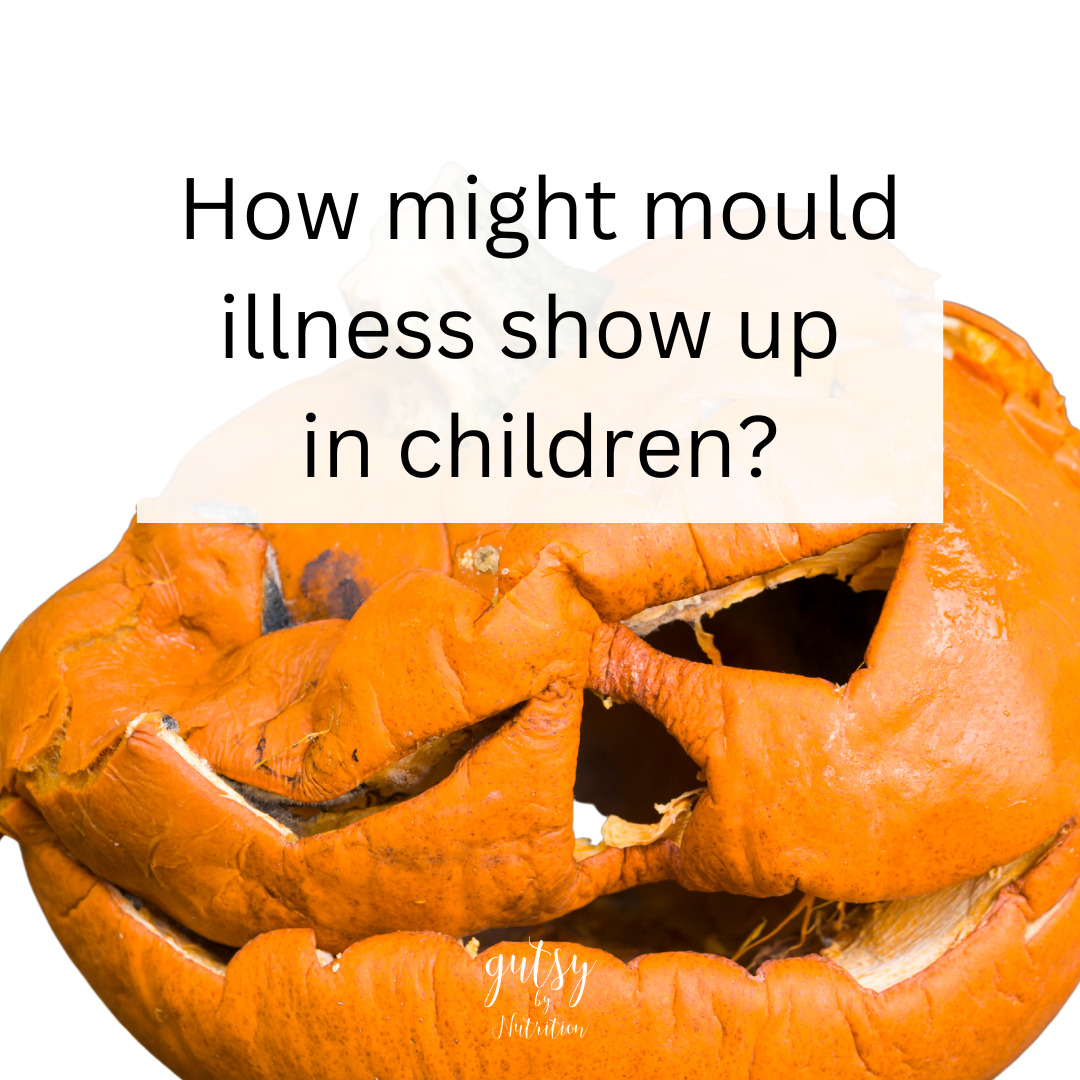How might mould show up in children?
In children, Chronic Inflammatory Response Syndrome (CIRS) or Mould Illness can manifest in different ways.
Symptoms often resemble those seen in adults, but sometimes with distinctive presentations
Respiratory Issues – Children may experience frequent respiratory problems like coughing, wheezing, sinus congestion, or recurrent respiratory infections
Neurological Symptoms – Neurological manifestations such as difficulties with concentration, memory problems, learning disabilities, or behavioural changes might occur such as OCD, out of body feeling. Some children might struggle academically or exhibit behavioural issues
Allergic Reactions – Allergy-like symptoms such as itchy eyes, skin rashes, or allergic rhinitis could be prevalent
Digestive Disturbances – Symptoms like stomach pain, diarrhoea, or food intolerances might arise
Fatigue and Weakness – Unexplained fatigue, muscle weakness, or weight fluctuations can also be observed
Sensitivity to Environmental Triggers – Heightened sensitivity to certain environments, chemicals, or odors may affect their well-being
Delayed Growth or Development – In some cases, there might be delays in growth or development milestones
Symptoms can vary widely among children, and understanding Mould Illness or CIRS in paediatric cases can be challenging due to overlapping symptoms with other childhood conditions
If you suspect your child may be experiencing symptoms related to Mould Illness or CIRS, consulting with a mould-literate healthcare professional is crucial to getting appropriate support.

